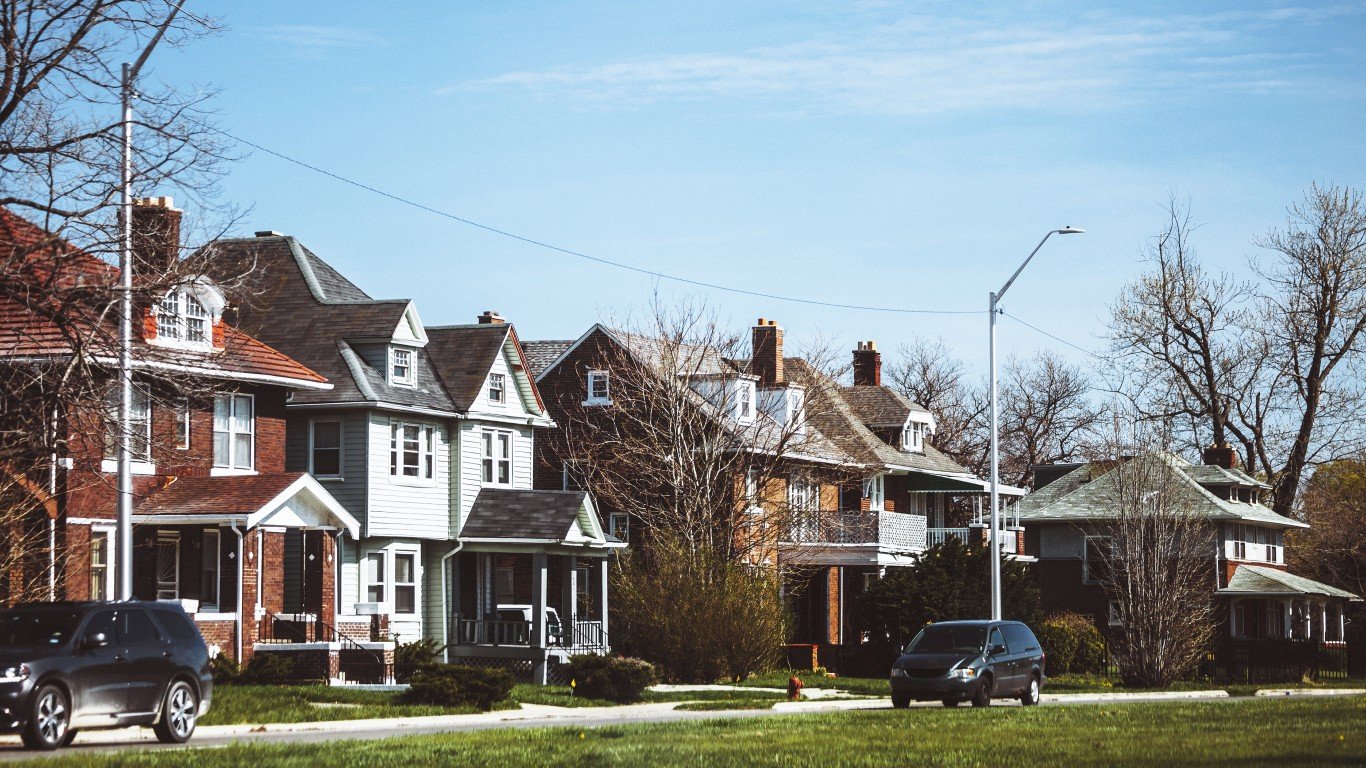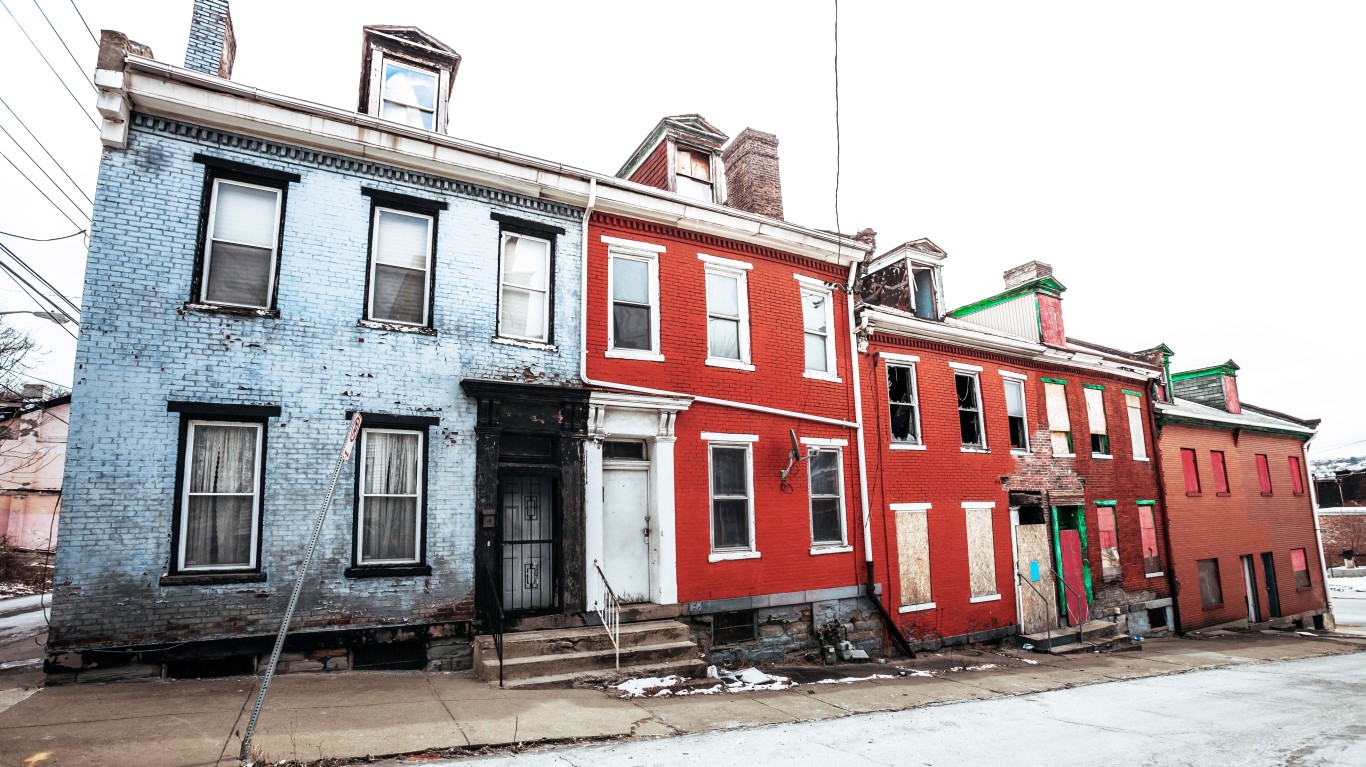For most home buyers, the plan is never just “one and done.” For home builders and sellers, move-up home buyers are an important, perhaps the most important, part of their business.
Is now a good time to sell that starter home and move into something larger or in a neighborhood you’ve always coveted? As usual, the answer is a resounding “Maybe.”
One owner of a starter home had it all planned out. She and her husband purchased a starter home they planned to sell after five years and move up to something “bigger and better.” After 12 years, they’re still in the same house. You can read Whitney Coy’s story at Realtor.com.
Looking at today’s home market, is this a good time to put your starter home on the market and move on to something bigger and better. Assuming you want to sell and move by choice (not to take a new job in a different city), what can you expect to find in the housing market?
The first thing you notice is higher interest rates. With President Trump bashing the Federal Reserve almost daily for raising interest rates, it’s hard to miss this one. Mortgage interest rates have increased, from an average of 3.66% in 2012 to 4.1% last year to around 5% so far in 2018. The highest average in the last half-century was 16.64% in 1981.
As interest rates move higher, fewer buyers enter the market and this typically pushes prices down. We see this happening today. The National Association of Realtors (NAR) publishes a monthly report on sales of existing homes and the numbers have been trending lower. As a result, the inventory of for-sale homes is rising somewhat and prices increases are moderating.
The price of an existing home sold in September was 4.2% higher than one sold in September of last year. In September 2017 prices were up 4.6% year over year and in September 2016 prices were up 5.6%. Prices in September 2015 were 6.1% higher than a year earlier. You get the idea.
So, if you’re desire is to move up, not only are prices moderating for a home you might want to buy, so is the price on the home you want to sell.
Annual real wage growth for prime-age workers (25 through 54 years old) is stuck around 3.5% according to the Atlanta Fed’s wage growth tracker. That’s barely more than 1% above the rate of inflation. If you don’t feel financially sound enough to take out a new, higher-rate mortgage, this is the likely reason for that.
The tax law changes passed last December have limited the benefit of owning a home. Larry Fink, CEO of investment management firm Blackrock, told Barron’s: “The biggest risk [to the housing market] that no one wants to talk about is how the tax laws changed housing affordability for so many.” The federal $10,000 cap on state and local tax deductions means that the federal government is no longer helping subsidize ownership of more expensive homes.
The long and the short of it is that move-up buying at the moment is opportunistic. Make sure moving up is the right choice for your particular situation, and then get ready to move at a moment’s notice. And also be prepared to miss a lot of opportunities because other savvy buyers will be doing the same thing.
Essential Tips for Investing: Sponsored
A financial advisor can help you understand the advantages and disadvantages of investment properties. Finding a qualified financial advisor doesn’t have to be hard. SmartAsset’s free tool matches you with up to three financial advisors who serve your area, and you can interview your advisor matches at no cost to decide which one is right for you. If you’re ready to find an advisor who can help you achieve your financial goals, get started now.
Investing in real estate can diversify your portfolio. But expanding your horizons may add additional costs. If you’re an investor looking to minimize expenses, consider checking out online brokerages. They often offer low investment fees, helping you maximize your profit.
Thank you for reading! Have some feedback for us?
Contact the 24/7 Wall St. editorial team.



